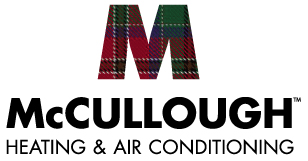4.8 Google Rating
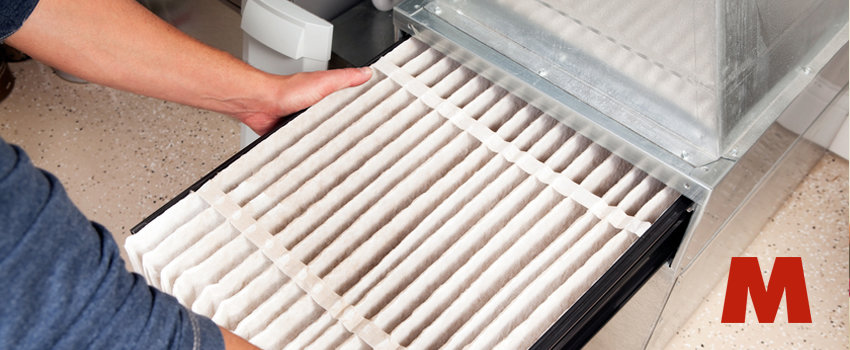
What Kind of HVAC Air Filter Should I Use?
When it comes to maintaining your HVAC system, choosing the right air filter is one of the most crucial decisions you can make. The air filter you select not only affects the air quality in your home but also plays a role in the overall efficiency of your heating and cooling system. With so many options on the market, it’s easy to feel overwhelmed. But don’t worry—this guide will help you navigate the choices and determine what HVAC filter you should use based on your home’s needs.
Understanding the Importance of HVAC Filters
Before diving into which filter is best for your system, it’s essential to understand why the filter is so important. HVAC filters serve two main purposes:
- Air Quality: Filters trap airborne contaminants like dust, pollen, and pet dander, ensuring the air circulating through your home is clean.
- System Efficiency: A good filter prevents debris from entering and damaging the internal components of your HVAC system. This protection can extend the lifespan of your unit and ensure it runs efficiently, which helps you save on energy bills.
Failing to use the right filter could reduce your air quality and force your system to work harder, leading to increased energy consumption and higher costs. In the worst-case scenario, it could cause system malfunctions that result in costly repairs.
Types of HVAC Filters
Now that you know the importance of the filter, let’s explore the different types available. Each has its pros and cons, so understanding them will help you figure out what filter you should use for your HVAC system.
Fiberglass Filters Fiberglass filters are the most basic and inexpensive option. They are made from layers of fiberglass fibers and are designed primarily to protect your HVAC system from large particles. However, they don’t offer much in the way of improving indoor air quality. If you don’t suffer from allergies or respiratory issues, a fiberglass filter might be enough for basic filtration.
Pleated Filters Pleated filters are a step up from fiberglass filters and are designed to capture more airborne contaminants due to their increased surface area. The pleats increase the filter’s efficiency, making them a popular choice for households that want better air quality without breaking the bank. Pleated filters can catch mold spores, pet dander, and fine dust particles.
HEPA Filters High-Efficiency Particulate Air (HEPA) filters are known for their ability to trap 99.97% of airborne particles down to 0.3 microns. They are the gold standard for those who want superior indoor air quality, particularly those with allergies or asthma. However, not all HVAC systems are designed to accommodate HEPA filters due to their density, so be sure to check whether your system can handle one before making the switch.
Electrostatic Filters Electrostatic filters use static electricity to attract and capture particles from the air. These filters are washable and reusable, making them an eco-friendly option. They provide excellent filtration and are perfect for homes with pets or smokers. However, you’ll need to maintain these filters regularly by washing them to maintain their effectiveness.
Carbon Filters Carbon filters are designed to remove odors, smoke, and chemical fumes from the air. They are often used in homes with pets, smokers, or those located in areas with high pollution. Carbon filters are excellent for improving air quality, but they may not be as effective in capturing dust and allergens compared to pleated or HEPA filters.
AC filters – Clearing up the Confusion (youtube.com)
MERV Ratings: What You Need to Know
Once you’ve decided on a filter type, it’s important to pay attention to the Minimum Efficiency Reporting Value (MERV) rating. The MERV scale ranges from 1 to 16, with higher numbers indicating better filtration performance.
- MERV 1-4: Basic filters that catch large particles like lint and dust. These are typically fiberglass filters and are sufficient for basic system protection.
- MERV 5-8: These filters, usually pleated, offer moderate filtration and are great for most homes. They can capture pet dander, mold spores, and dust mites.
- MERV 9-12: High-quality filters that provide superior filtration, often found in homes with allergy sufferers. They can trap even smaller particles like fine dust and pollen.
- MERV 13-16: Typically found in hospitals and cleanrooms, these filters can trap bacteria, tobacco smoke, and even some viruses. Most residential systems don’t require this level of filtration.
When determining what HVAC filter you should use, a filter with a MERV rating between 8 and 12 is generally sufficient for most homes. Higher-rated filters, while excellent for air quality, may restrict airflow in some systems, making them less efficient.
How Often Should You Replace Your HVAC Filter?
Once you’ve chosen the right filter, regular maintenance is key to ensuring your HVAC system runs smoothly. Most filters need to be replaced every 1 to 3 months, depending on the type and your household conditions. For example, homes with pets or allergy sufferers may need to replace filters more frequently. Pleated and HEPA filters tend to last longer than fiberglass filters but still require regular checks.
A dirty or clogged filter can lead to reduced airflow, causing your HVAC system to work harder and ultimately lowering its efficiency. Keeping up with filter replacements not only improves indoor air quality but also extends the life of your system.
How to Choose the Right Filter for Your HVAC System
To decide what HVAC filter you should use, consider the following factors:
- Air Quality Needs: If you or a family member suffers from allergies, asthma, or other respiratory issues, a high-efficiency filter like a pleated or HEPA filter might be best. If air quality is not a major concern, a basic fiberglass filter will suffice.
- HVAC System Compatibility: Check your system’s manufacturer guidelines to see which types of filters are compatible. Using a filter with a MERV rating that’s too high for your system could restrict airflow and reduce efficiency.
- Budget: Filters come in a wide range of prices, from budget-friendly fiberglass to high-efficiency HEPA filters. Consider your air quality needs and how much you’re willing to spend on regular replacements.
- Maintenance: Some filters, like electrostatic filters, require more upkeep than others. If you prefer low-maintenance options, a pleated or disposable fiberglass filter may be better for you.
Conclusion: Keep Your Air Clean and Your System Running Smoothly
Selecting the right HVAC filter is crucial to maintaining both the air quality in your home and the efficiency of your heating and cooling system. By understanding the different types of filters and their MERV ratings, you can make an informed choice about what filter you should use for your HVAC system. Regular filter maintenance will ensure that your system runs smoothly and lasts for years to come.
If you’re still unsure what HVAC filter you should use, or if you have questions about your system’s compatibility, the team at McCullough Heating & Air Conditioning is here to help.
Contact us today for expert advice and all your HVAC needs. From selecting the right filter to performing routine maintenance, we’re committed to keeping your home comfortable and energy-efficient year-round.
Recent News
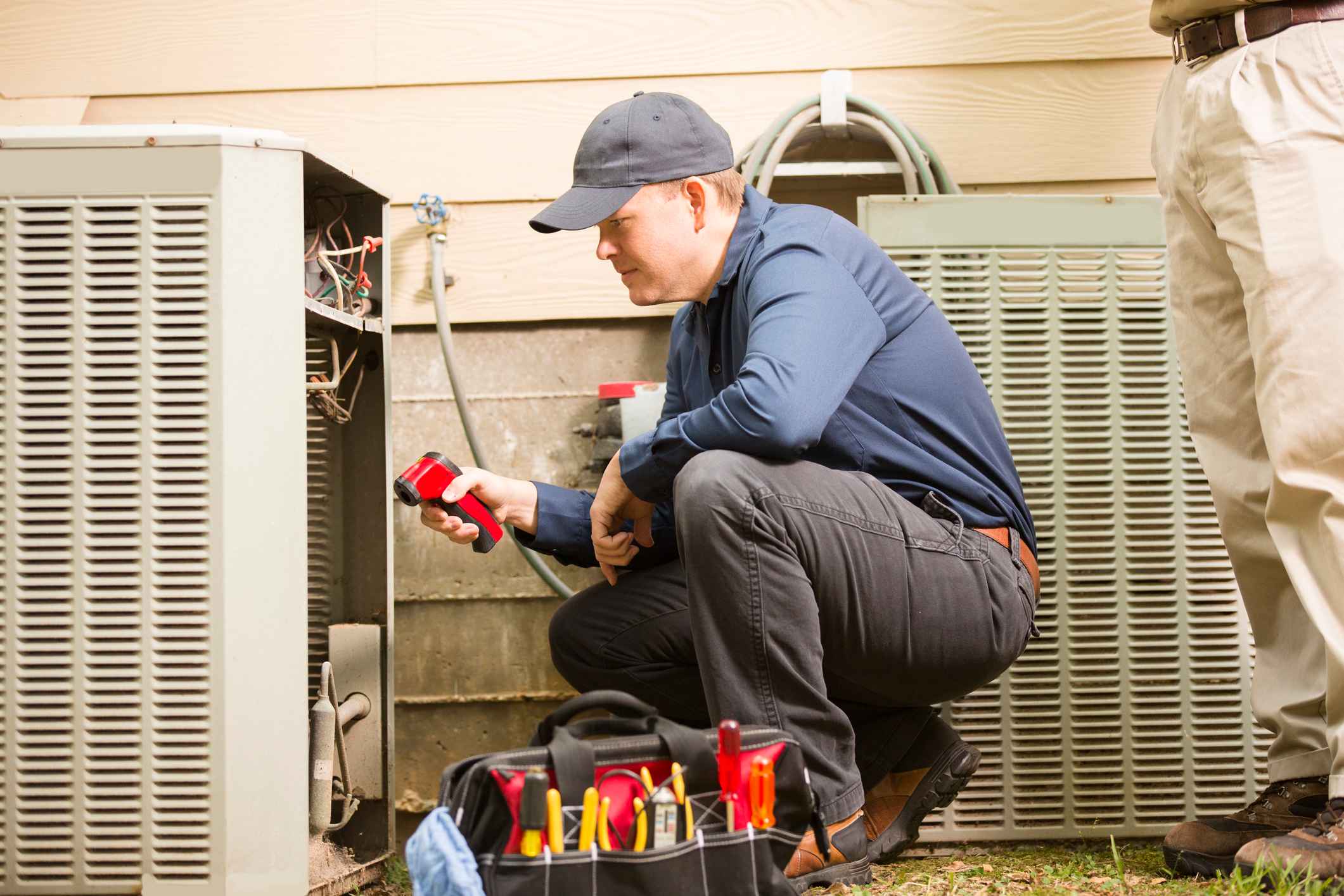
Top HVAC Companies in Austin, TX: Looking Beyond Ads & Reviews
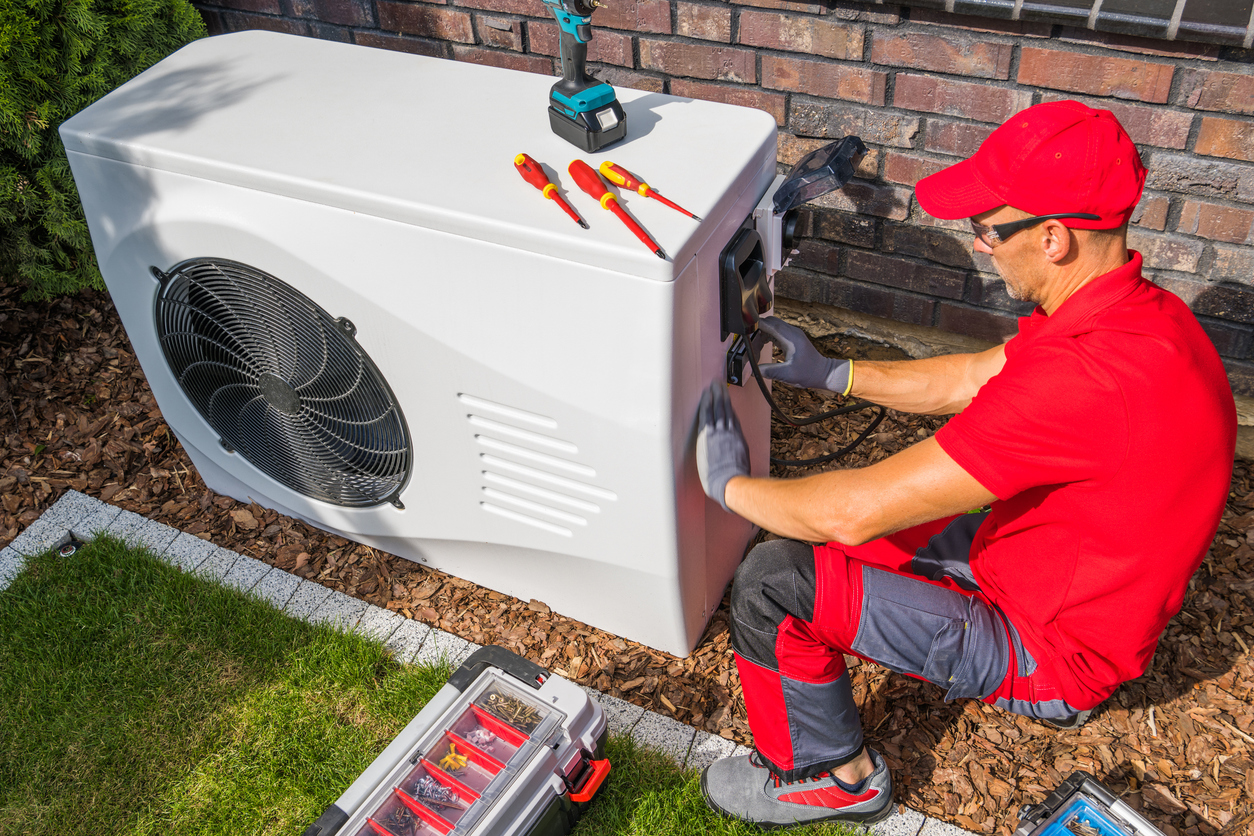
What Sun City Homeowners Should Know About HVAC Permit Data & Installations
Free Energy Audits for Westlake Homes: Cut Energy Bills, Boost Comfort & Upgrade Smarter
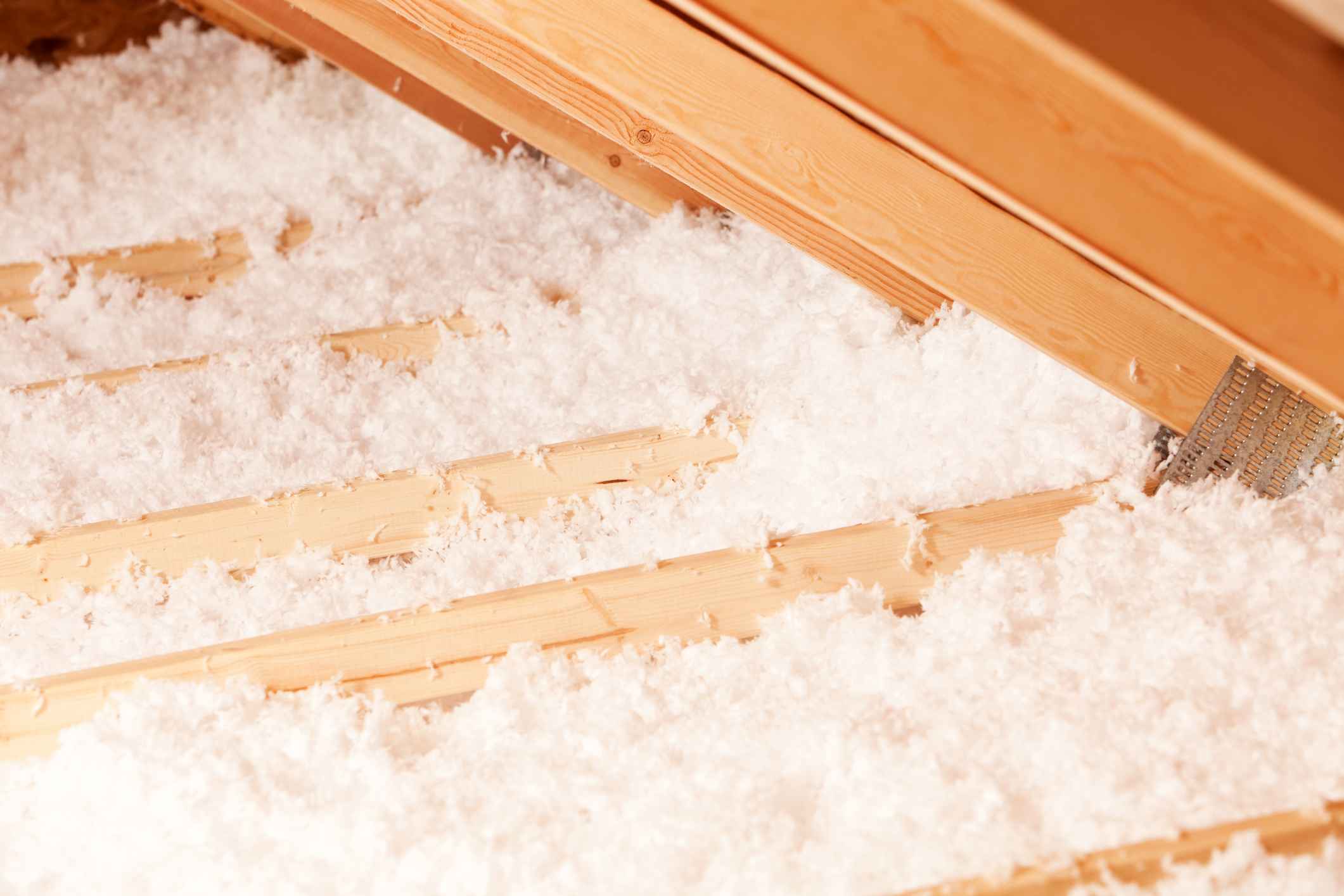
Is Your Austin Home Using Too Much Energy? Here’s How a Free Energy Audit Can Help You Save Big
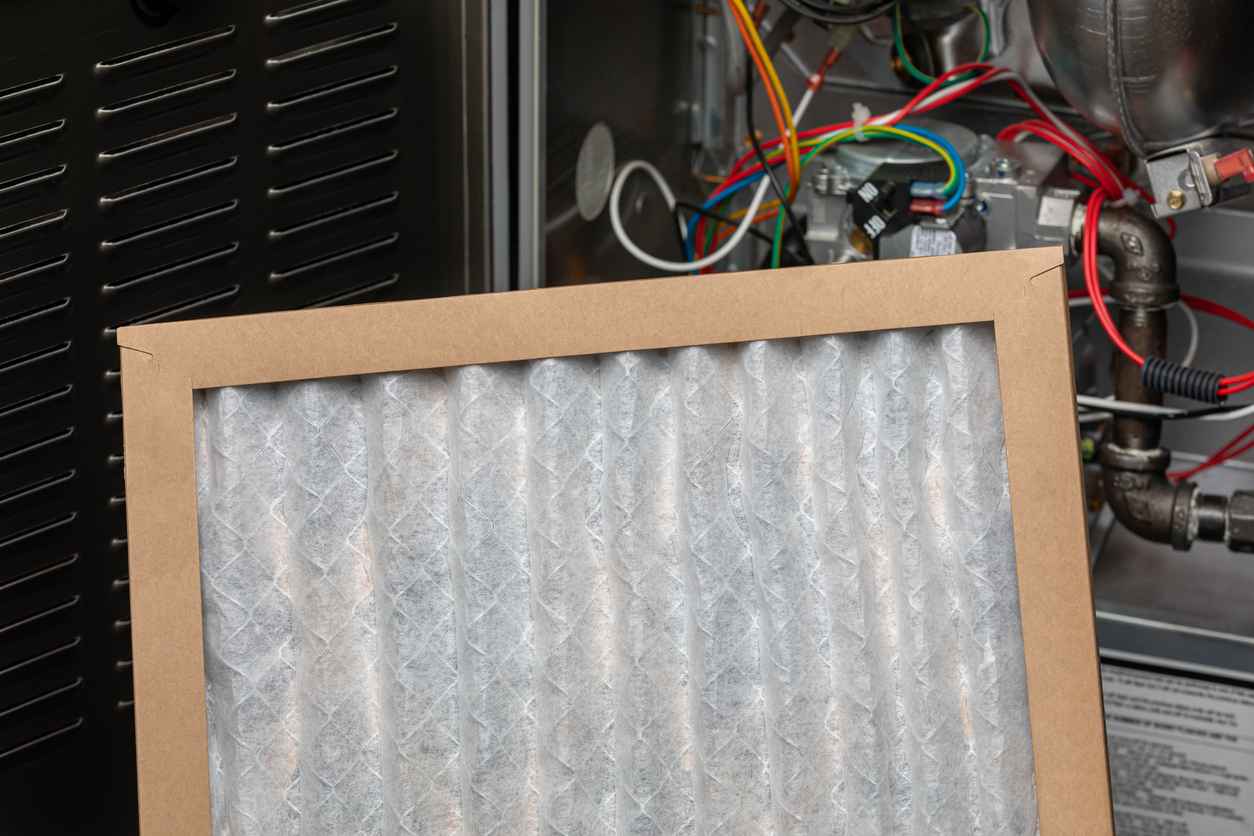
Cold Snap Coming? What Austin Homeowners Should Do Now to Prevent Heat Loss and Heating System Failure
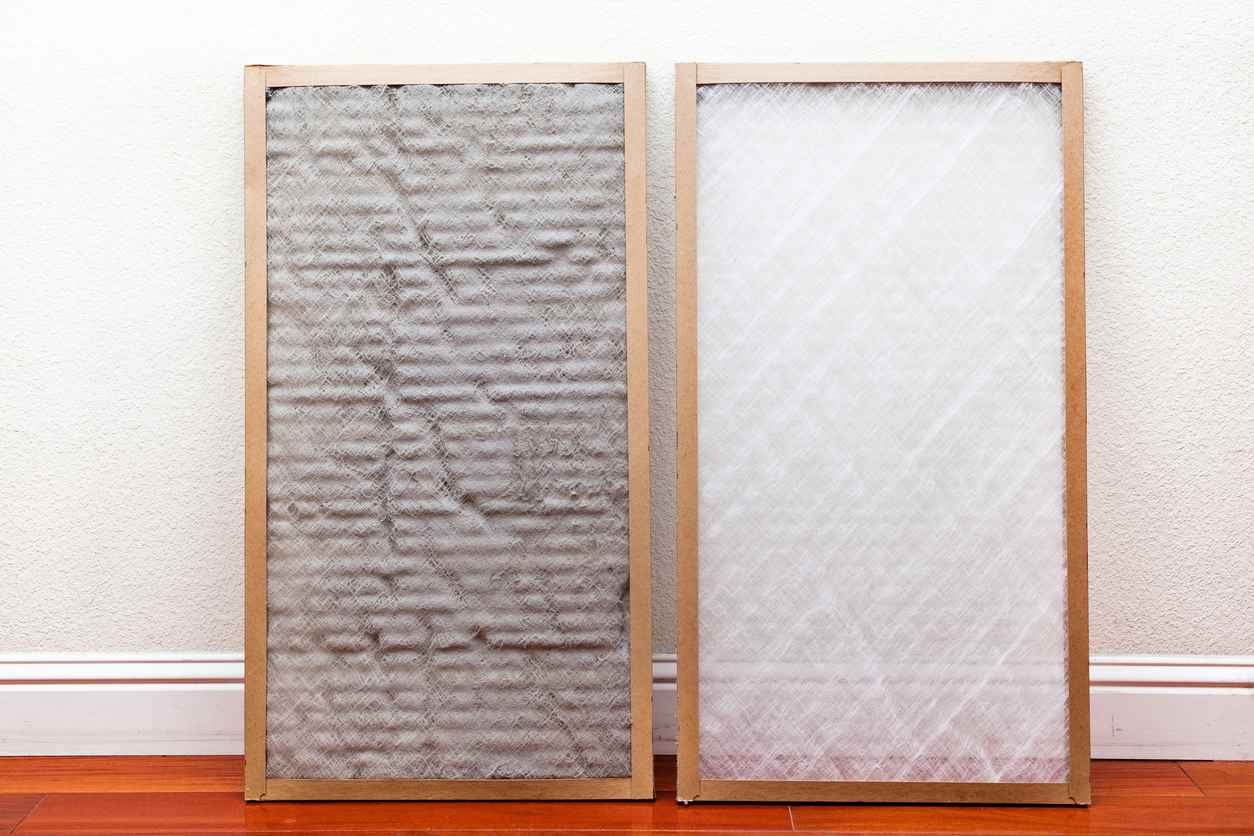
Best HVAC Filters for Cedar Fever in Austin


